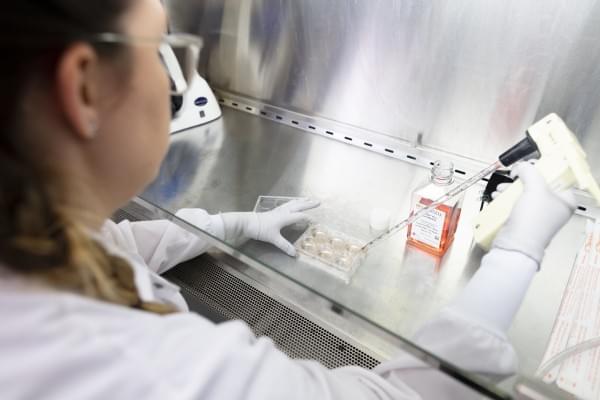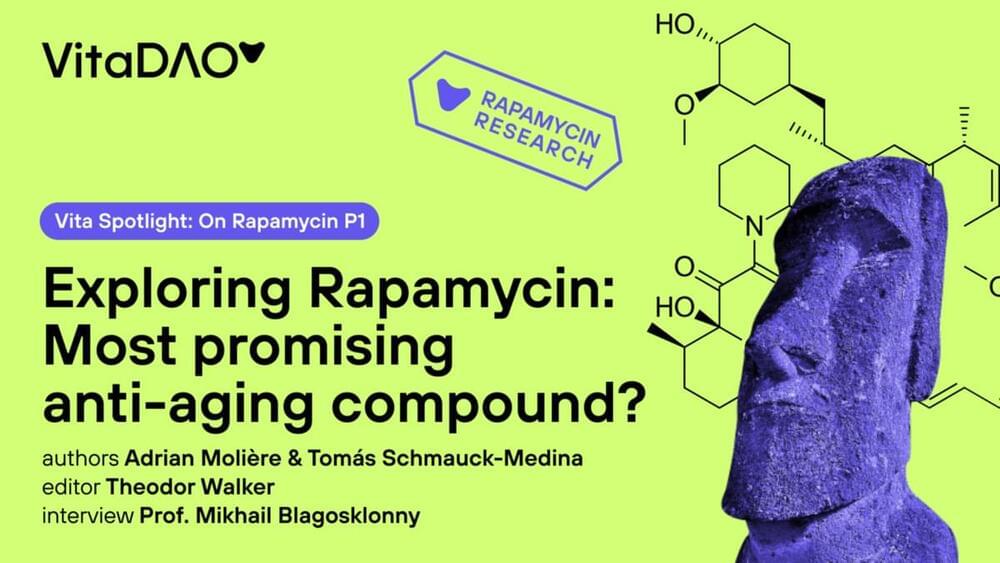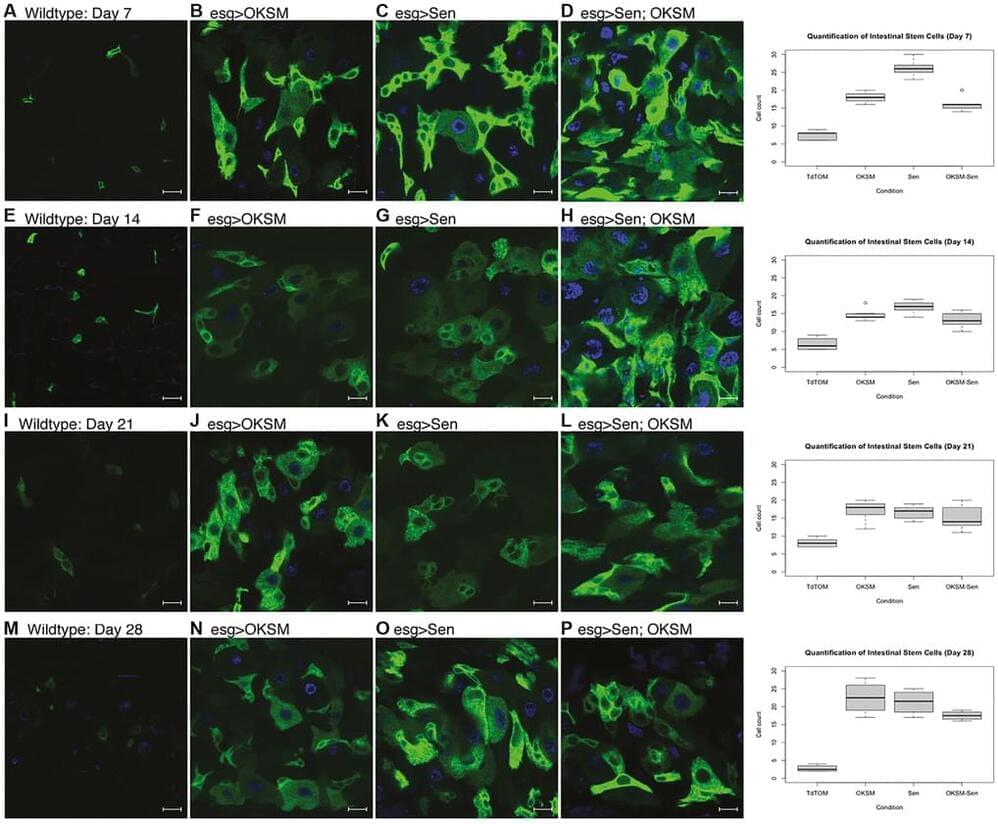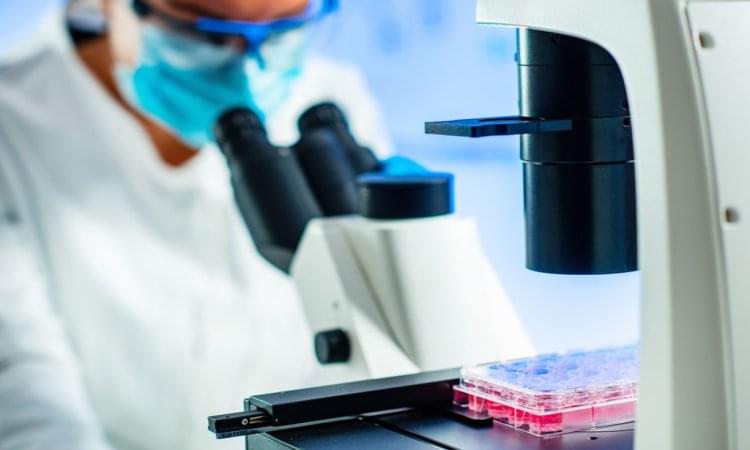Newswise — LOS ANGELES (Oct. 28, 2022) — Cedars-Sinai has been awarded a five-year, $8 million grant from California’s stem cell agency to launch an innovative new clinic that will expand patients’ access to stem cell and gene therapies, increase research and training in regenerative medicine, foster greater collaboration with eight similar clinics across the state and help educate the public about stem cell and related therapies.
The California Institute for Regenerative Medicine (CIRM) approved Cedars-Sinai’s plan to establish an Alpha Stem Cell Clinic, bringing Cedars-Sinai into a network of Alpha sites throughout California. The Cedars-Sinai clinic will develop preclinical studies into early and later phase clinical trials with the goal of establishing advanced regenerative medicine treatments that are FDA-approved for patients with debilitating diseases.
The Cedars-Sinai initiative is being led by the Cedars-Sinai Board of Governors Regenerative Medicine Institute and the Smidt Heart Institute. They are modeling the new Alpha Clinic on a jointly run Regenerative Medicine Clinic established at Cedars-Sinai in 2014—expanding scientific discovery and clinical trials for neurological, cardiovascular, musculoskeletal and autoimmune diseases.







